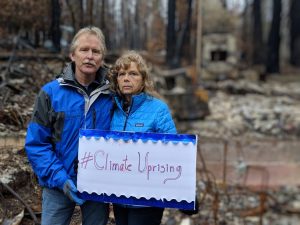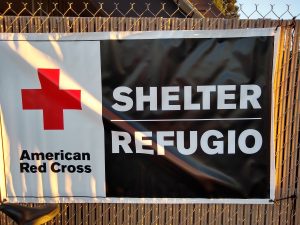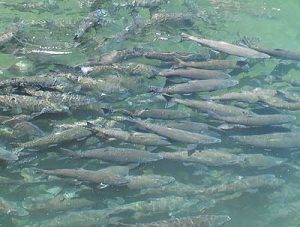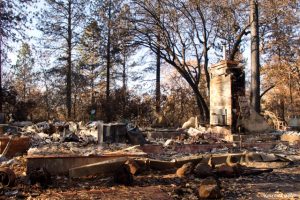video by Guillermo Mash
Tag: Camp Fire
#ClimateUprising helps Camp Fire survivors tell their stories Group calling for bipartisan climate action

by Leslie Layton
Like thousands of Californians, Los Angeles filmmaker Nirvan Mullick spent early November following wildfire news and worrying about friends and family who were in harm’s way.
Then, two developments forced him to think in a larger context: President Donald Trump visited Paradise and advised Californians to rake their forest floors, and Sen. Bernie Sanders announced a national town hall on climate change. The Washington, D.C., town hall would feature well-known experts and activists – climate change stars, so to speak.
Red Cross shelter evacuees struggle with urgent needs A writer asks if Camp Fire changed attitudes toward climate change

by Denise Minor
The sky was growing dark by the time I checked in at the Red Cross station on a recent afternoon, in front of the Silver Dollar Fairgrounds in Chico. Two volunteers in red vests greeted me and welcomed me to the shelter for Camp Fire evacuees.
Red Cross Communications Director Stephen Walsh offered to show me around. On that night there were about 700 people staying at the shelter, with some living in their recreational vehicles in the parking lot, some living in a tent city behind the RVs and some living in the three dormitories. All six of the Red Cross shelters that had been opened right after the fire had by then been consolidated to this one.
Camp Fire’s toxin runoff a threat to prized salmon While spring-run ‘vulnerable,’ wildlife to benefit long-term

by Dave Waddell
Beyond the staggering human losses in last month’s devastating Camp Fire, another potential loser from the inferno’s toxic runoff are Butte Creek’s highly valued Chinook salmon during a particularly vulnerable time in their lifecycle.
Whether and to what extent that spring-run salmon population is poisoned by a potential witches’ brew of toxins flowing from the extremely hot wildfire won’t truly be known for about three years. That’s when most of the surviving salmon that today are juveniles are due to return from the Pacific Ocean to spawn and die in Butte Creek.
“My former neighborhood feels like a cemetery” Fear of fire did not prepare Paradise residents

by Leslie Layton
My childhood home is a pool of ashes contained by a cement foundation. The air in this once-Edenesque place smells almost acrid. The barn my father built from oak planks is a pile of rubble, with trickling aluminum melted into place on the ground.
At some point during the Nov. 8 Camp Fire that destroyed my hometown of Paradise, Calif., the white aluminum streams were trickling downhill as if headed toward the creek. No longer. There are almost no signs of movement on this still Sunday, Dec. 9. My former neighborhood feels like a cemetery.
Camp Fire was a “climate disaster” Tiny temperatures changes mask dramatic changes underway that call for action

by Leslie Layton
2.3 degrees Fahrenheit. That’s how much – or how little, depending on your viewpoint – that the daily average temperature increased in recent years in the Paradise area.
That little temperature increase is what it took to create the environment for a deadly fire that would stun Butte County with its heat and swiftness, demolish almost 18,800 structures, kill 88 people and change the lives of almost every area resident.
Sure, there were other factors that contributed to the devastating character of what is now considered California’s deadliest fire. There was, for example, an increase in the number of sweltering days in recent years, reflecting our longer summers and shorter winters. Warmer nights, too, helped parch vegetation, making the Camp Fire unusually hot and explosive.
